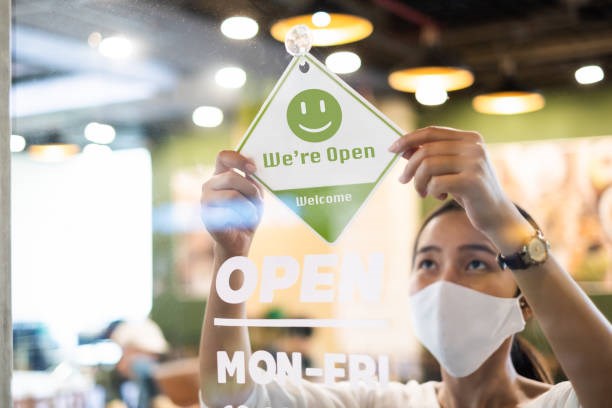New Westminster is sold on the idea of supporting local retailers.
Council has directed staff to proceed with create the City of New Westminster’s first retail strategy.
The city hopes the new strategy can help increase the livability of neighbourhoods, increase retail offerings and expand on existing choices. It also wants to capitalize on the city's unique character and the historical presence of commercial main streets and celebrate existing offerings.
“A healthy retail sector is integral to the well-being of the city and the local neighbourhoods they serve,” said a staff report. “Small independent retail businesses are critical to both the vibrancy and economic viability of the city's commercial areas. Larger mainstay businesses can also have a role to play by acting as an anchor to the area.”
The retail strategy will look at how the city can support and foster retail storefronts and businesses to ensure the local economy reflects the diversity of the community. It will also consider ways to support existing businesses when new development occurs.
“I am really happy to see this coming back. I think the timing for this really couldn’t be better,” said Coun. Nadine Nakagawa. “I was very grateful to see that the report really was taking a comprehensive look at the work the city wanted to do broadly – the diversity, equity, inclusion and anti-racism work, the climate crisis. I think that’s all vital to this policy, and this policy is vital to that work as well.”
Several council members stressed the need to ensure the strategy gets input from businesses that aren’t represented by business organizations.
“There are many businesses that may not have English as a first language. They may not be as actively engaged. I just constantly worry that we don’t hear their voices, and we really do need to hear from them,” Nakagawa said. “There are businesses that are very articulate and self-promoting, and they do a really good job of advocating for their needs. There’s a whole ton of businesses that are just businesses being businesses.”
Carolyn Armanini, planner, economic development, said the city’s business and local economy task force has heard loud and clear about the need to engage with businesses, such as those on 12th Street or in Queensborough, that don’t have active business associations. She said the city will be making a concerted effort to get feedback from business stakeholders across the city.
In June 2019, council directed staff to start preparing retail strategy that considers actions to support existing retail and explores opportunities to create more affordable retail units.
Mayor Jonathan Cote said the retail strategy was one of the items delayed in 2020 by the COVID-19 pandemic. As for timing, he said it’s good that the city wasn’t finishing work on the strategy when COVID hit – and it will now be able to emphasize ways the local economy can recover from the pandemic.
“This strategy is going to have a really important role,” he said.
Phase 1 underway
According to the staff report, business improvement associations have heard from their members that it is increasingly difficult to maintain a viable small retail/commercial business due to a range of factors. Concerns have included the impacts of increasing rents, property taxes and assessments and a variety of issues related to city processes (such as zoning and community plans) and the cost of permits needed for renovations.
Businesses have also cited concerns about a diminished supply of affordable space due to redevelopment, leasing practices that favour chains and franchises, the impacts of online commerce, the impacts of parking, congestion and nearby construction and the increased cost of doing business to address COVID-19 requirements.
Now that council has approved the strategy, work on Phase 1 will focus on conducting background research, establishing a set of goals for the strategy, and seeking community and stakeholder engagement. Phase 2 will focus on the development of options and recommendations that will be reviewed by council and city committees, the community and other stakeholders.
The strategy will be developed by city staff and a consultant, who will provide technical input on market research and analysis. The city’s five-year capital plan includes $100,000 for consultant- and public engagement-related costs.
Follow Theresa McManus on Twitter @TheresaMcManus
Email [email protected]



